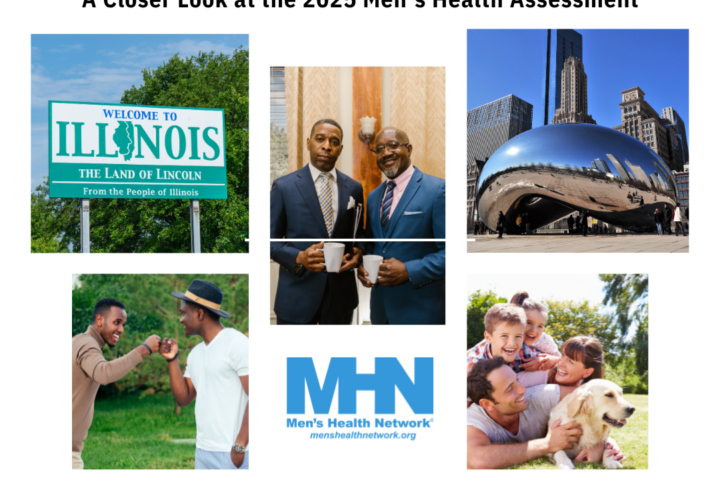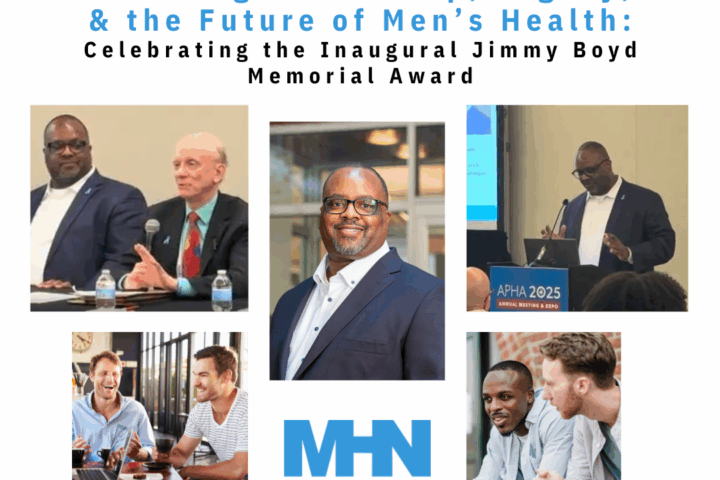
It was a “seminal” event, and by White House invitation. The topic? The future of men’s health. Why are men medically underserved in America? What cultural factors are at play that we can change? Who should be involved?
Seeds of Change
An impressive array of stakeholders was present for the dialogue. Hats off to the Men’s Health Network who worked tirelessly to make it happen. The meeting was framed by remarks from the Surgeon General Vivek Murthy and Cabinet Secretary Broderick Johnson. The American Society of Men’s Health, the National Black Men’s Health Network, Fathers Inc., Dad 2.0 Summit, Fit Fathers Foundation, the tech industry, a host of impressive academic and federal figures, the Boy Scouts, 3 NFL sports teams (Broncos,Packers and Redskins) and the YMCA all had chairs at the table. Profoundly moving patient stories provided a meaningful backdrop for the impassioned discussion that followed.
Clearing Paths
What did I take away from this? The first thing was hope. Hope for boys. Hope for men. Hope for healthcare. Hope that my vision is a shared one. I also learned some hard facts about issues that I suspected were true, including that the average black male in America barely lives long enough to collect social security, 80% of suicide deaths are men, men 18-29 years old are the most disconnected segment of the healthcare population. Third, real and practical paths to change were outlined by various stakeholders, largely inspired by unique insights into “classic” male behavior:
- Instead of bringing men to doctor’s offices, bring health screening to the workplace.
- Since 98% of men ages 18-45 have cell phones, use them to meet men where they are. Employ social media channels to connect with men.
- Soften and demystify the language of medicine and make it more user friendly. Avoid terms like “junkie” when describing addiction.
- Encourage the notion of “honorable men.” A good man takes care of himself as well as others. No excuses.
- Since partners (especially mothers and spouses) drive men’s health, engage the families of men to better engage men.
- Improve healthcare access to all, as a rising tide raises all boats.
- Give care to men the way they understand it: use humor to change behavior.
- Provide role models for health and fitness, such as sports idols.
- Promote the “e-patient” concept in healthcare: educated, equipped and empowered consumers.
- Consider a federal Office of Men’s Health to integrate national efforts to improve care.
At this moment, in the field of men’s health, the air is electric. The White House meeting was charged with it, as impassioned discussion continued well after the event ended. A critical mass has clearly formed that seeks to change the culture of men’s health, and I am honored to be a part of it.



